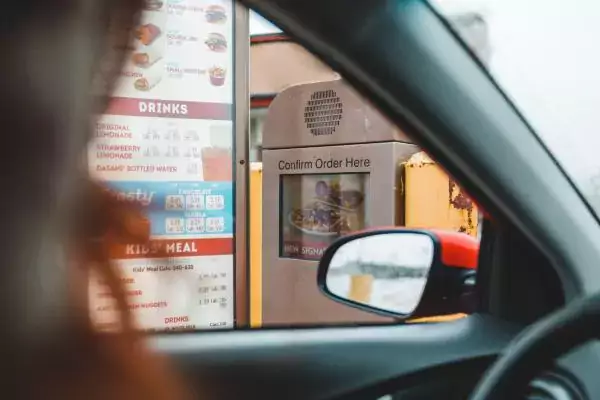Arby’s is planning an expansion into Canada.
Grimaldi’s pizza expands to United Arab Emirates.
Carl’s Jr. opens its first location in Chile.
Papa John’s plans to open 20 stores in Morocco.
These are just some of the global franchising news we’ve encountered in the last few weeks. It’s truly amazing what globalization and high-speed communication has done to the food franchisee community, and it’s evident in the bold overseas expansion plans of some top companies.
When it comes to overseas expansion, you often hear about the parent company partnering with a locally-based franchise development company. This locally based company helps the brand transition to that particular market, especially with communicating to staff.
While it’s important to take local customs and culture into account, there are just some aspects of a brand that can’t be compromised—much like a language that must be translated. Here are three of those values that are pretty standard across the industry:
1. A clean and inviting dining experience
The global franchisor will have to abide by rules and regulations of the country of expansion.2. Courteous customer service
What is considered a friendly customer greeting in this country? Perhaps it’s not a requirement to look a customer in the eye, but instead to use a formal greeting.3. Fast and efficient service
Is the overseas kitchen equipped the same? Is the franchisor offering new, fresh menu items that have different prep times? These are all nuances that must be accounted for. So how, exactly, do you account for brand compliance, especially when the franchisor and franchisee may be several thousand miles away from each other?Using a Nimble Communication Platform
Relying on traditional forms of communication—emails, calls, and fax—can create barriers and frustrations. For instance, if the franchisor requires the global franchisee to call in during business hours, it may be during a critical prep time or when the franchisee is preparing to run through their end-of-day list checklist before closing the restaurant. Instead, consider a real-time, cloud-based, mobile platform. Franchisees can work with franchisors to translate brand best practices—literally to translate the language and figuratively to account for any cultural nuances. Those best practices can exist as a series of simple checklists that are easily disseminated to mobile devices via the cloud.Rather than requiring franchisees to call or email, franchisors can update store conditions and communicate concerns in real time. They can also upload a photo or video to illustrate exactly what’s happening in their stores. A platform like Zenput also enables franchisors to set up different levels of alerts.
For instance, a senior manager at the franchisee development company may be alerted to key maintenance issues, which the parent company can’t easily resolve in real time. But if the franchisee reports that key materials, such as signage and branded store elements, never arrived via shipment, then managers at the parent company could act. The parent may also want to be alerted to any food safety concerns at the store level and to track the follow-up process. The best way to find out if this platform is right for your organization is to try it yourself. Check out some of Zenput’s mobile forms that may be helpful to global franchisors: Food Quality Evaluation Form Restaurant Food Safety Restaurant Customer Service Evaluation Restaurant Scheduling and ProceduresSubscribe to our blog
You are now subscribed!


